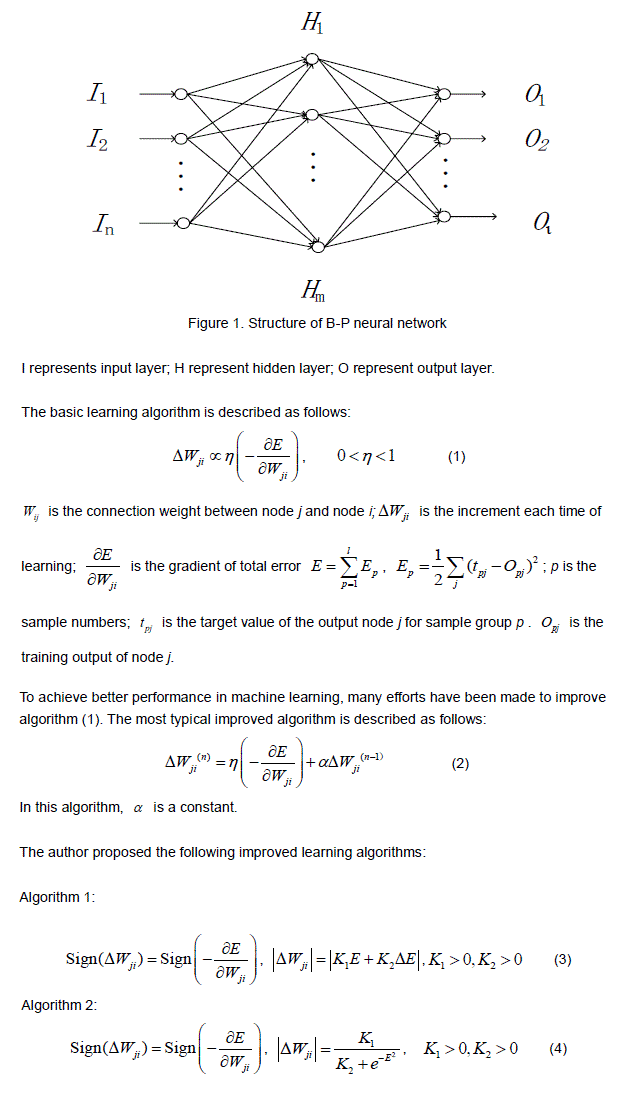Cyber Physical Systems, Machine Learning and Cybernetics
Prof. Weicun Zhang
Editor in chief, International Journal of Cybernetics and Cyber-Physical Systems
1. Introduction
Cyber physical systems (CPSs emphasise deep integration and interaction between control, communication and computers through the internet. CPSs generate big data that can be dealt with based on machine learning technology to draw "intelligence". Cybernetics or more specifically feedback control theory, can be used to improve the efficiency of machine learning.
Feedback is ubiquitous in CPSs and machine le arning, as well as in cybernetics and control theory. In this author's opinion, feedback technology and concepts are the common basis of cybernetics, CPS and machine learning.
Recently, some research results were published on improving the efficiency of machine learning by applying feedback control theory, such as PID control and optimal control. Actually, machine learning is widely used in the data processing field, and is not limited to just neural network training. Neural network s are merely one kind o f model that is used in data modelling. Many other models can also be combined with machine learning technology, such as supporting vector machines (SVMs), regression models, etc. Even in multiple model adaptive control, there is a type of machine learning algorithm, traditionally called "weighting algorithm", which is used to identify the most suitable model from a model set predetermined offline.
2. Improved learning algorithms for B-P neural networks
A B-P neural network is an important type of artificial neural network. It is widely used in CPSs and control system design; many deep neural networks are developed from B P neural networks.
Figure 1 is a general structure diagram of a B-P neural network.

3. Future works and relative information
The author is working with the Research Center of Artificial Intelligence in Industry. As a branch unit of the School of Automation and Electrical Engineering at the University of Science and Technology Beijing, it focuses on integrating artificial intelligence technologies (especially machine learning and deep learning) with cyber-physical systems. There are ten professors and research fellows, joined by more than thirty Ph.D. students and graduate students.
We believe that cybernetics or control theory can help to improve the efficiency of machine learning and deep learning, since feedback technology and concepts have been thoroughly studied in cybernetics or control theory, and machine learning and deep learning provide new application fields for such concepts and technology.
In the future, the research center will be developing new machine learning/deep learning algorithms based on cybernetics and control theory and trying to find applications in industry (e.g. complex system control, computer vision).
Along a similar line of thinking, the International Journal of Cybernetics and Cyber-Physical Systems (IJCCPS) pays close attention to emerging methodologies, techniques/algorithms and applications in cybernetics and cyber-physical systems.
Download this article (PDF)